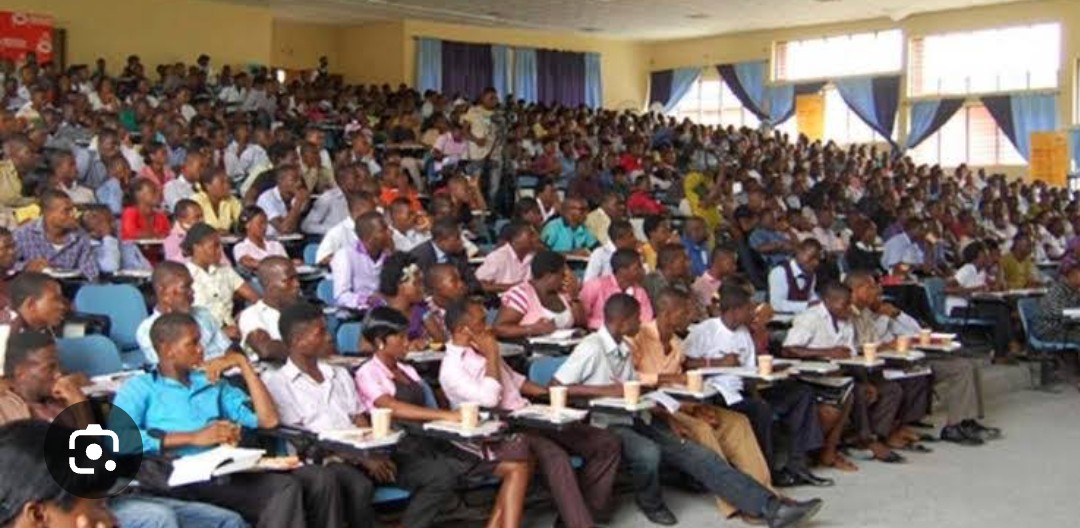The scourge of domestic violence continues to plague societies worldwide, leaving countless women trapped in cycles of fear, pain, and silence. While we have seen progress in legislating against this crime, laws alone are not enough to protect women from harm.
To break this cycle, we must address the deep-seated societal norms, systemic failures, and the lack of support that allow abuse to persist.
Domestic violence is not confined to any single demographic; it infiltrates households across all social, economic, and cultural lines.
Yet, victims often remain voiceless due to stigma, financial dependence, or fear of retaliation.
The first step toward protection is recognizing that domestic violence is not a private issue — it is a societal problem demanding a collective response. Shifting cultural attitudes that normalize or excuse violence against women is crucial.
Education must start early, teaching children that respect and equality are non-negotiable, and that violence has no place in resolving conflicts.
Community leaders, religious institutions, and media platforms all have roles to play in amplifying these messages and breaking the cycle of toxic gender norms.
Legal protections are necessary, but they must be accompanied by effective enforcement and survivor-centered support systems. Too often, women who report abuse face indifference or skepticism from authorities. Law enforcement and judicial systems need thorough training to handle domestic violence cases sensitively and efficiently. Protection orders, when issued, must be rigorously enforced to ensure they serve as shields, not empty promises.
Additionally, swift judicial processes are needed so that women do not suffer through protracted legal battles while still living in fear.
Financial independence is a powerful safeguard. Many women remain in abusive relationships because they lack the means to support themselves or their children. Governments and non-profits must invest in programs that provide vocational training, employment opportunities, and access to safe housing. Empowering women economically reduces their vulnerability and offers them a tangible path to freedom and security.
Support services such as shelters, counseling, and hotlines must be adequately funded and easily accessible. Survivors need safe spaces where they can seek refuge and rebuild their lives without judgment. Mental health support is equally critical; the psychological scars of abuse can persist long after physical wounds heal. Counseling services tailored to survivors’ needs can help them regain confidence, stability, and hope.
Technology can also be harnessed to protect women. Mobile apps for discreetly reporting abuse, emergency alert systems, and online platforms for accessing resources can make it easier for women to seek help without alerting their abusers. In an increasingly digital world, innovative solutions can bridge the gap between victims and immediate assistance.
Ultimately, protecting women from domestic violence requires a united front. This is not just the responsibility of governments, but of entire communities.












